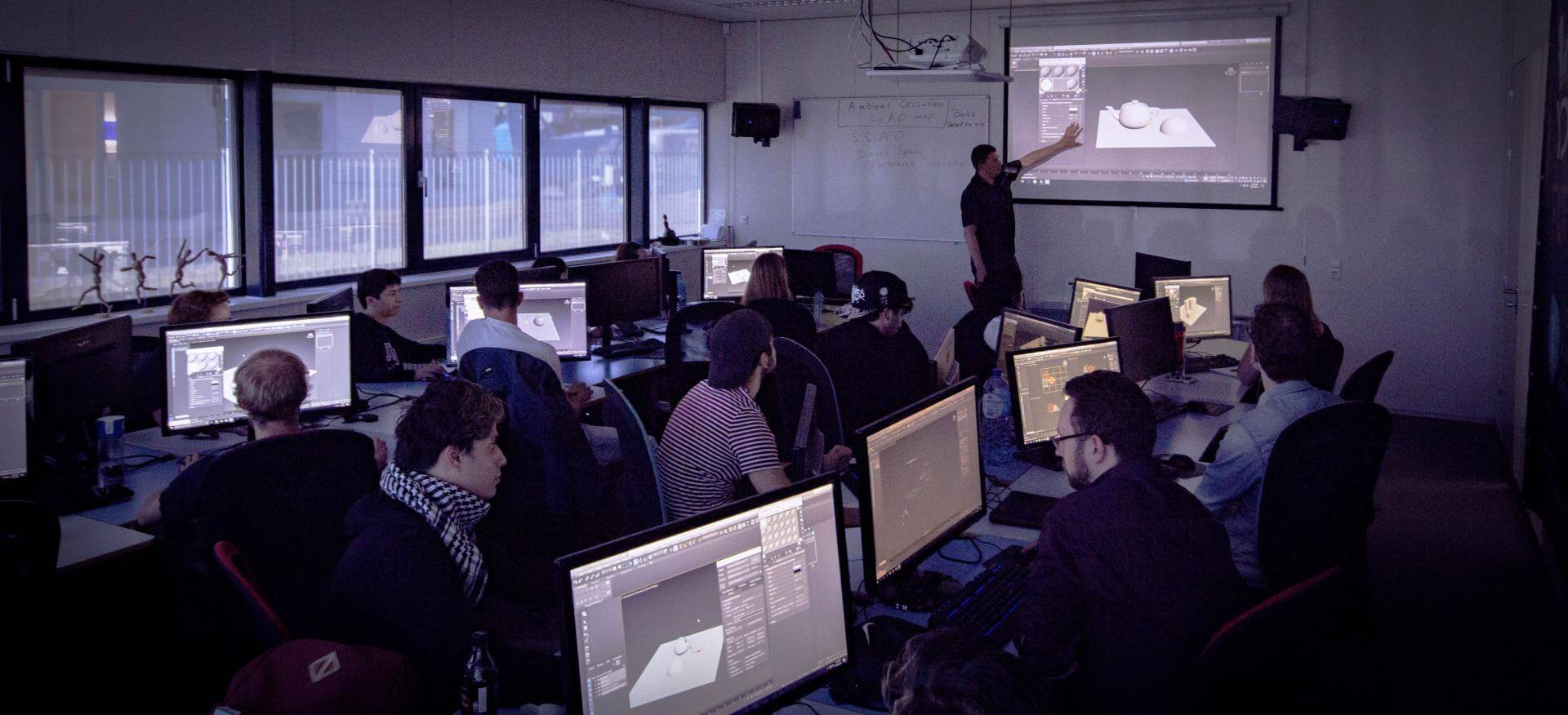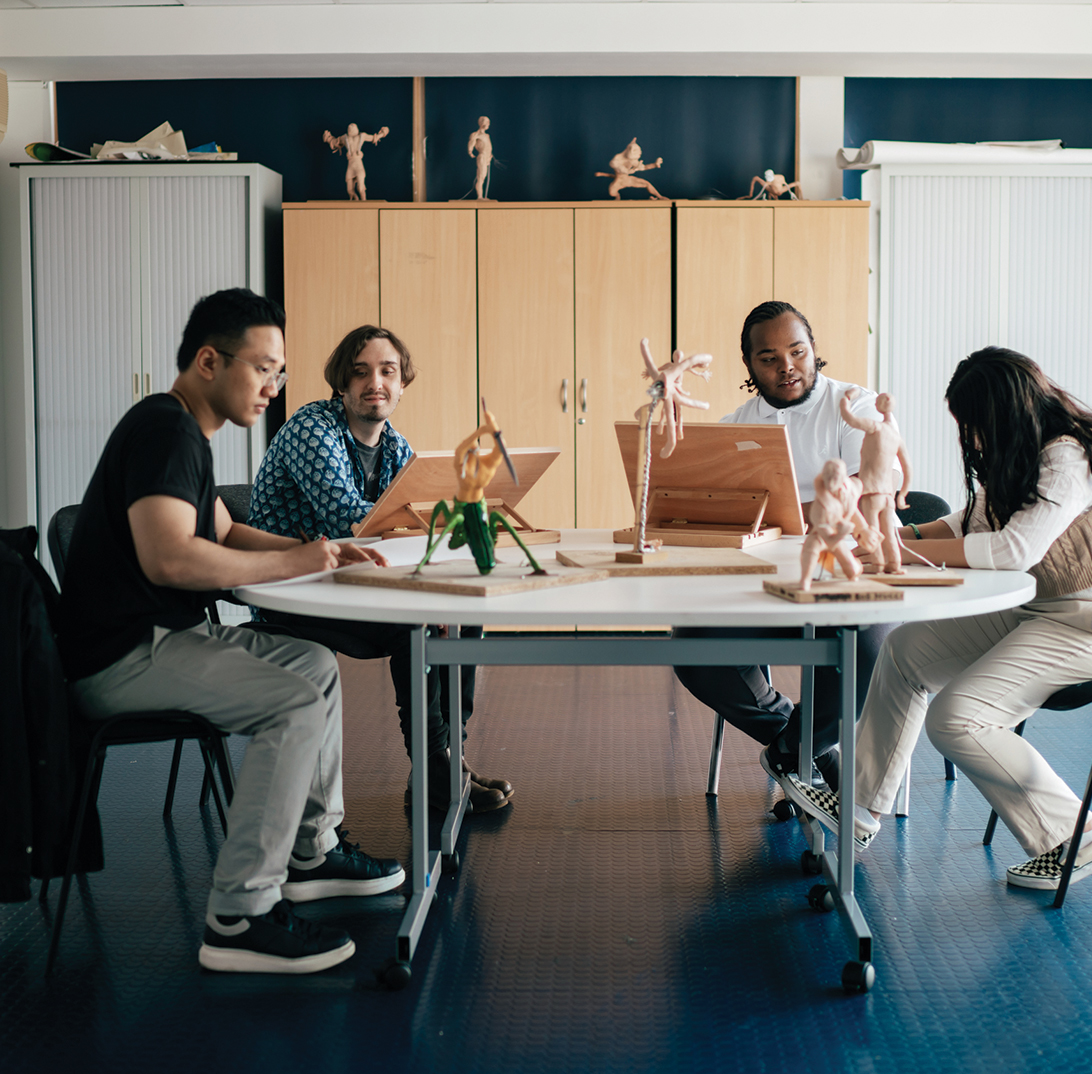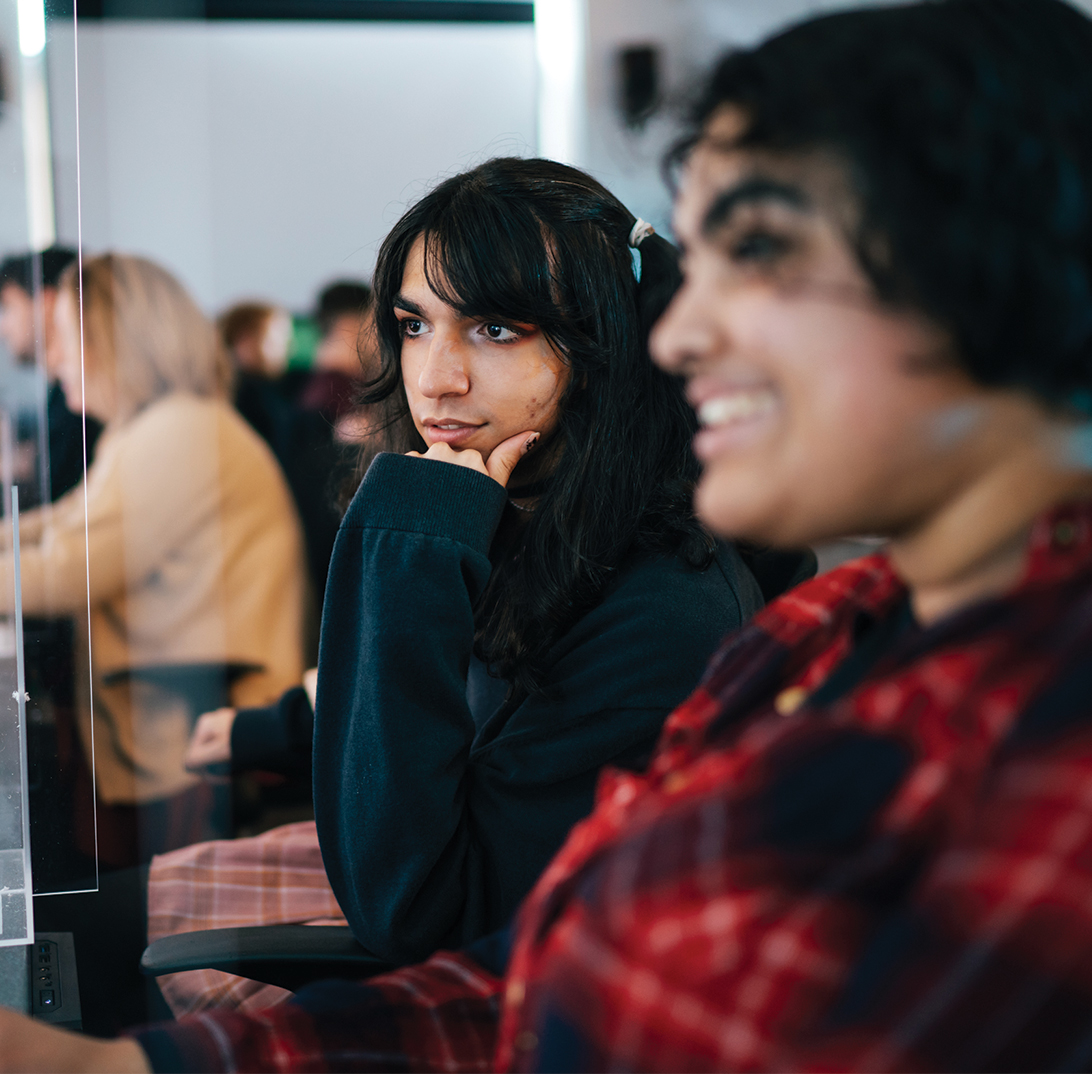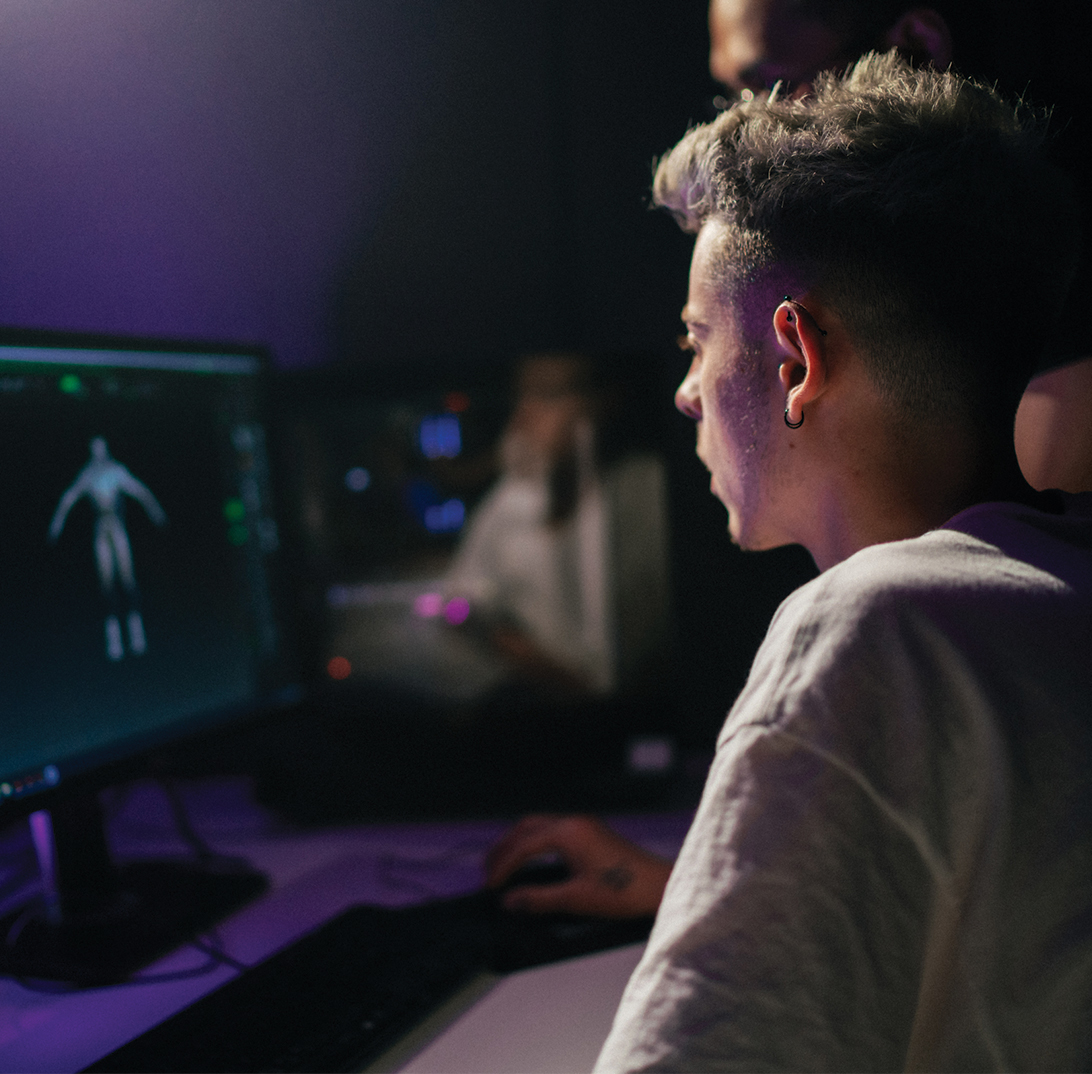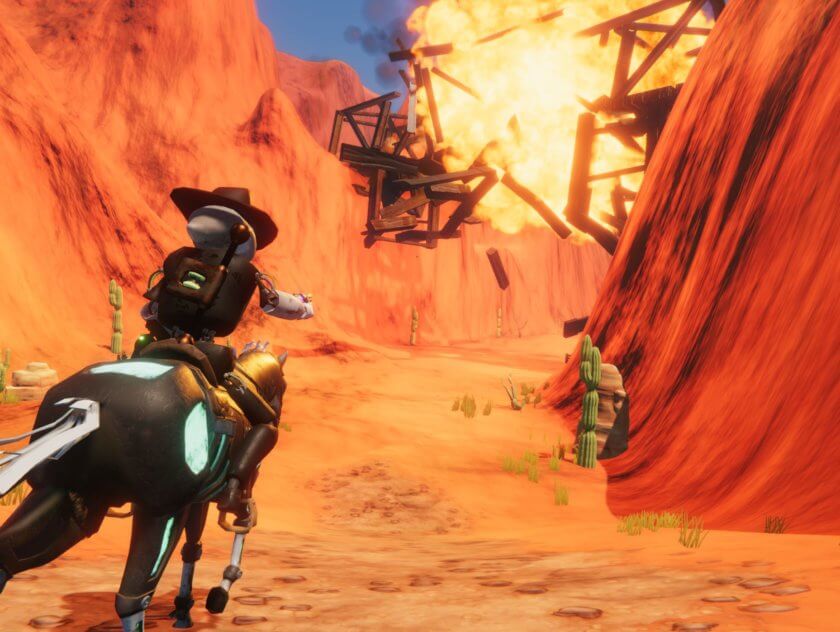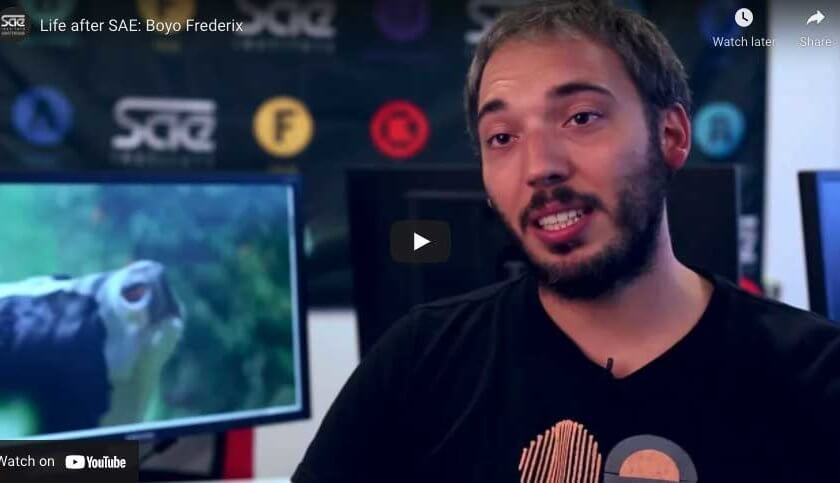BA/BSc (Hons) Game Art and 3D Animation
Create 3D art and build immersive worlds for games played across multiple platforms.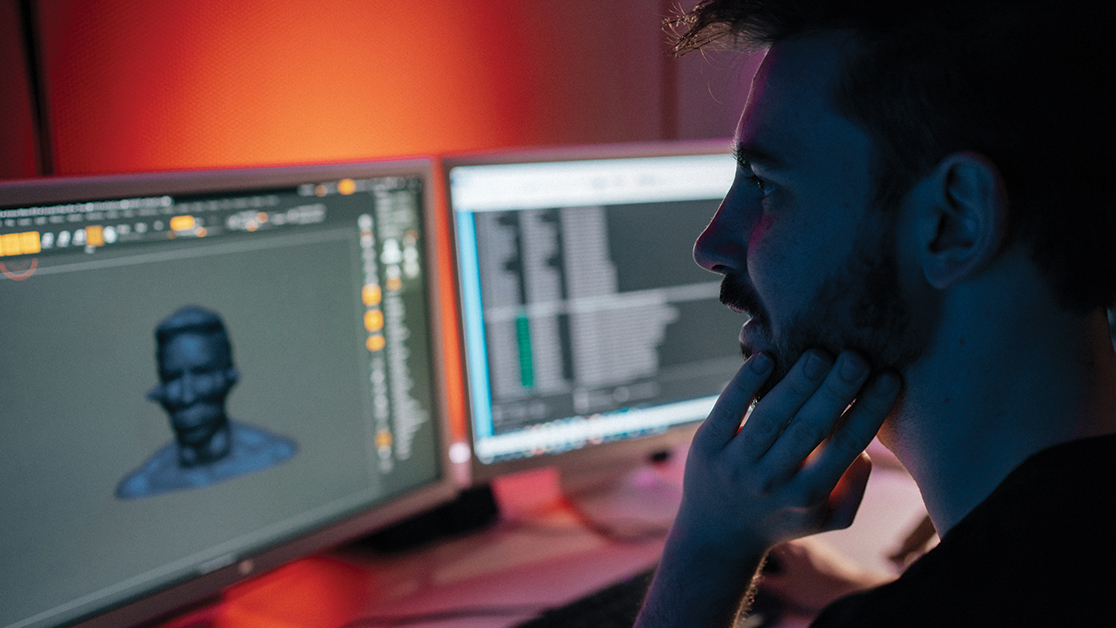
March and September 2026
For our Degree courses we accept the following English proficiency tests:
- Duolingo English Test: 120 overall with no less than 95 in each band (to meet an IELTS equivalent of 6.5 with 5.5 in each band), and 105 overall with no less than 95 in each band (to meet an IELTS equivalent of 6.0)
- GCSE English Language: Grade C or above
- IGCSE English language: Grade C or above. Please note, we do not accept English as a second language IGCSE’s
- International English Language Testing System (IELTS): Score of 6.0 (with no less than 5.5 in any band) for undergraduate or 6.5 (with no less than 5.5 in any band) for postgraduate
- Cambridge English Qualifications: B2 First (FCE) and C1 Advanced (CAE) score of 169 (with no less than 162 in any band) for undergraduate or 176 (with no less than 162 in any band) for postgraduate. – C2 Proficiency (CPE) score of 180 (with no less than 162 in any band) for both undergraduate and postgraduate
- Pearson Test of English (PTE): 59 (with no less than 59 in any band) for undergraduate or postgraduate.
- Test of English as a Foreign Language (TOEFL): 72 with band scores of reading 18, writing 17, listening 17, speaking 20 for undergraduate or a score of 79 with band scores of reading 18, writing 17, listening 17, speaking 20 for postgraduate.
- LanguageCert International ESOL: B2 (Listening, Reading, Writing, Speaking) Listening: 33/50; Reading: 33/50: Writing: 33/50; Speaking: 33/50
- LanguageCert Academic: Score of 65 (with no less than 60 in any band) for undergraduate, or 70 (with no less than 60 in any band) for postgraduate. Discounts available. More information is in our discount section below
- Skills for English: SELT and Skills for English: Global: Minimum B2 Pass in all four components (equivalent to IELTS 6.0), minimum B2 Pass with Merit in all four components (equivalent to IELTS 6.5). Discounts available. More information is in our discount section below
Oxford International English Test Centre (OIETC): Overall grade B2+ with B2 in each skill (equivalent to IELTS 6.0), overall grade C1 with B2 in each skill (equivalent to IELTS 6.5). - English from International Foundation Providers, including Kaplan Test of English (KTE)
country specific English language qualifications such as Indian Standard XII English Language (65% undergraduate/70% to 75% postgraduate).
For our Degree courses we accept the following English proficiency tests:
- Duolingo English Test: 120 overall with no less than 95 in each band (to meet an IELTS equivalent of 6.5 with 5.5 in each band), and 105 overall with no less than 95 in each band (to meet an IELTS equivalent of 6.0)
- GCSE English Language: Grade C or above
- IGCSE English language: Grade C or above. Please note, we do not accept English as a second language IGCSE’s
- International English Language Testing System (IELTS): Score of 6.0 (with no less than 5.5 in any band) for undergraduate or 6.5 (with no less than 5.5 in any band) for postgraduate
- Cambridge English Qualifications: B2 First (FCE) and C1 Advanced (CAE) score of 169 (with no less than 162 in any band) for undergraduate or 176 (with no less than 162 in any band) for postgraduate. – C2 Proficiency (CPE) score of 180 (with no less than 162 in any band) for both undergraduate and postgraduate
- Pearson Test of English (PTE): 59 (with no less than 59 in any band) for undergraduate or postgraduate.
- Test of English as a Foreign Language (TOEFL): 72 with band scores of reading 18, writing 17, listening 17, speaking 20 for undergraduate or a score of 79 with band scores of reading 18, writing 17, listening 17, speaking 20 for postgraduate.
- LanguageCert International ESOL: B2 (Listening, Reading, Writing, Speaking) Listening: 33/50; Reading: 33/50: Writing: 33/50; Speaking: 33/50
- LanguageCert Academic: Score of 65 (with no less than 60 in any band) for undergraduate, or 70 (with no less than 60 in any band) for postgraduate. Discounts available. More information is in our discount section below
- Skills for English: SELT and Skills for English: Global: Minimum B2 Pass in all four components (equivalent to IELTS 6.0), minimum B2 Pass with Merit in all four components (equivalent to IELTS 6.5). Discounts available. More information is in our discount section below
Oxford International English Test Centre (OIETC): Overall grade B2+ with B2 in each skill (equivalent to IELTS 6.0), overall grade C1 with B2 in each skill (equivalent to IELTS 6.5). - English from International Foundation Providers, including Kaplan Test of English (KTE)
country specific English language qualifications such as Indian Standard XII English Language (65% undergraduate/70% to 75% postgraduate).
For non-EU / non-EEA students, a valid VISA for the entire duration of the selected course is required prior to enrolment. The registration at SAE Institute cannot grant you a Student Visa in the Netherlands.
Students studying higher education courses may be eligible for various forms of funding, including student loans and grants. There may be some differences depending on the region you come from.
YOUR CAREER IN GAME ART & 3D ANIMATION BEGINS NOW


Tools & Software




Animation skills
Course Structure
BA/BSc Game Art Animation is broken up into three distinct stages, each designed to develop different skills.The group members should then divide themselves into the corresponding roles within the researched positions and define which software they need for this and what salary they would receive for it.
What is the cost of the position you hold in the company, together with the resources you need for it? Which group members are permanent employees and which are freelancers?
In the course of the module, the team develops branding for the product, considers possible distribution channels for the release, and prepares the individual pieces of work of the group members from a marketing point of view so that content can be used for a possible advertising campaign.
By the end of the module, you will have an overview of all job positions within your industry, be able to assess your work financially and market yourself and your portfolio appropriately. You will get an overview of the workflow, how freelance and permanent activities work in the industry, and know how to use basic marketing techniques.
In this module, the students go one step further than hard-surface modeling towards the sculpting of organic assets.
Students will receive an insight into the animation process and show standard workflows in 2D and 3D animation. The result is presented in a rendered scene.
Students will experience teamwork across creative media disciplines, and potentially remotely across various campus locations. The module will also introduce key differences between production strategies for the arts or sciences, preparing students to develop their specialisation.
Students can choose from a range of possible projects, the availability of which is determined by the location of the campus, the needs of the local industry, and/or the student’s learning requirements.
Throughout this module, students will be encouraged to engage in self-reflective processes to improve their creative and collaborative work practices and to build the core skills necessary for a successful career in the creative industries. With the guidance of studio facilitators, students will complete a set of project briefs designed to build on the foundation skills acquired and to further enhance their competencies within their discipline area.
During the module, you will create a deep and secure understanding of your area of interest. Common procedures, existing publications, technical workflows as well as reference and repertoire knowledge are elements that you research, present, and discuss. During the module, you will develop the proposal for your final thesis piece by piece.
Throughout the module, an initial idea for a media project turns into a well-founded plan that includes concrete objectives and a suitable approach. At the end of the module, you will have a clear idea of what your thesis looks like and how you plan to implement it.
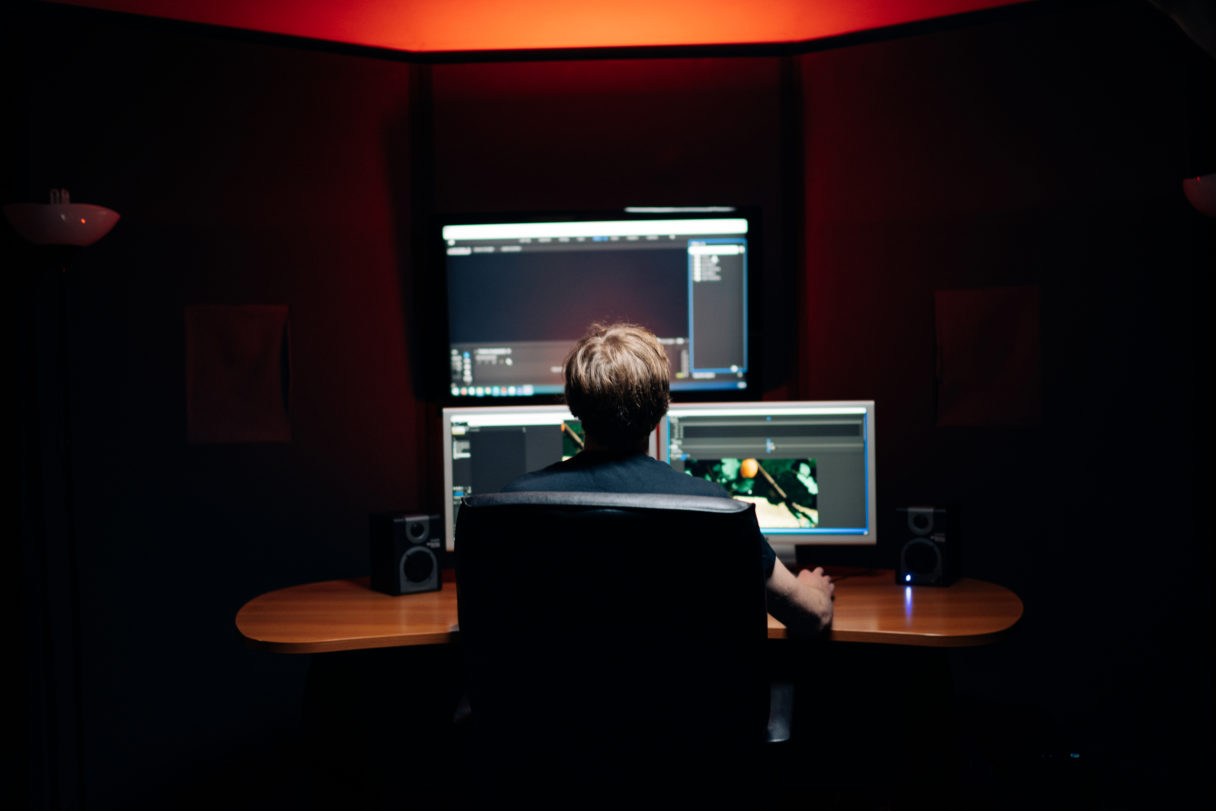
Bachelor or 3D Animation Career Outcomes
What jobs will this course lead to?
Character Artist
Environment Artist
Technical Artist
Production Coordinator
Quality Assurance (QA)
Motion Designer
Lighting Artist
Lighting Artist/Lighting TD
Animator
Character Animator
Illustrator
Layout Artist
3D Generalist
Concept Artist
Graphic Designer
2D Artist
Rigging Technical Director (TD)
Compositor
Freelance Artist
Animation/Art Intern
FX Artist
Previs Artist
Texture Artist
Look Development Artist
Pipeline TD
3D modeller
Visualisation Artist
Matte Painter
VFX Supervisor
Art Director
Student Spotlight
Course FAQs
Yes, there is an SAE Student Store with discounts available to students who have fully enrolled.
Our students are encouraged to collaborate with other disciplines as much as they can. There are many opportunities and requirements to work with students from other courses throughout the study path.
